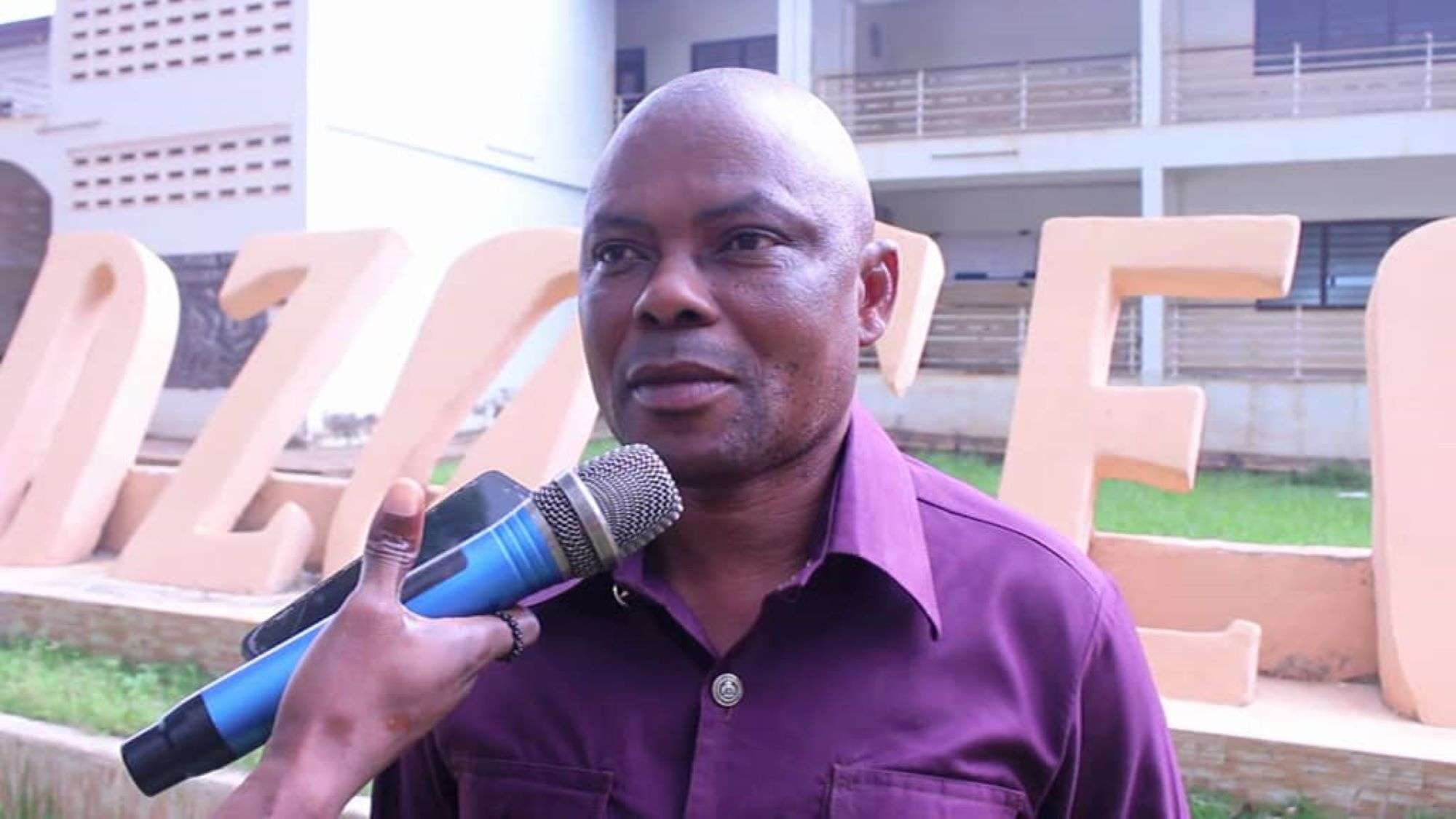The Ghana Coalition of Non-Governmental Organizations in the Water and Sanitation Sector (CONIWAS) has climaxed the 2023 Water, Sanitation and Hygiene (WASH) week with a symposium in Tamale in the northern region.
The stakeholders earlier marched through some principal streets of Tamale to raise awareness and sensitize the public on the importance of living in a clean and healthy environment.
The annual event brought together stakeholders in the WASH sector, Environmental Health Officials among Traditional authorities to dialogue and raise awareness on how the public can safely manage WASH facilities.
Addressing the stakeholders during the symposium, Executive Secretary of CONIWAS, Madam Basilia Nanbigne commended the stakeholders in the Northern Region for taking the Ghana WASH week very seriously.
She explained the rationale for the Ghana WASH week is to ensure issues sanitation are brought closer to the citizens so that they all participate in finding lasting solutions.
Highlighting on the theme for this year’s celebration: “Safely Managed WASH for all: Every contribution counts”, Madam Basilia noted this is aimed at consolidating all contributions of the relevant sector players.
“We’re just seven years or less than seven years to the SDGs and we know we are doing better in water delivery but sanitation is still lagging behind very much, so the theme for this year is meant to harness every contribution that we’re making towards sanitation” she stressed.
She added the government through the Ministry Sanitation and Water Resources is doing a lot to achieve this as well as the nongovernmental organizations operating the country also supporting in various ways in different communities to improve the situation.

“We have a lot of CONIWAS members here and they are so many things in various communities – including providing water, sanitation services, sensitizations, MHN Programs and the likes, they are doing a lot, so every contributions counts but we can’t work in siloes and we need to harmonize everything we’re doing” she advised.
The Northern Regional Minister, Alhaji Shani Alhassan Shaibu, for his part acknowledged the meaningful contribution of all Development Partners in the Water and Sanitation sector in the region.
“When I came into the office, the first programme that touched my heart was to make sure that sanitation was given a place in my office. This was the reason why I had to establish a sanitation week to ensure we give ourselves a very good environment, but I couldn’t have done this without the participation of agencies like CONIWAS and the WASH program” he stated.
The Minister further described sanitation as the bedrock of all health related issues, adding “We can only be healthy to be present at today’s function. If I was not healthy, I am not sure I could’ve made it to this place and that is the basic tenets of health and sanitation.”
Meanwhile, the United Nations in its 2023 Ghana Water, Sanitation and Hygiene Support Programme called for an increased in public finance and more private sector investment in WASH.
“Water is the lifeblood of our world. From health and nutrition to education and infrastructure, water is vital to every aspect of human survival and well-being, and the economic development and prosperity of every nation” the UN said.
However, this fundamental human right is not within the reach of many.
According to WHO/UNICEF Global WASH Monitoring Report, 1 in 4 people – 2 billion people – around the world lack safely managed drinking water.
For Ghana, the country has done well in water with 88% people accessing basic service (close to the global average of 90%), and 42% accessing safely managed water, far behind the global average of 74%, but higher than the Sub-Saharan average of 30%.
However, the sanitation situation in Ghana is very poor, with only 25% having access to basic services, about 57% using shared or public facilities and 18% still defecating in open defecation.
Poor sanitation conditions pose serious public health risks.









